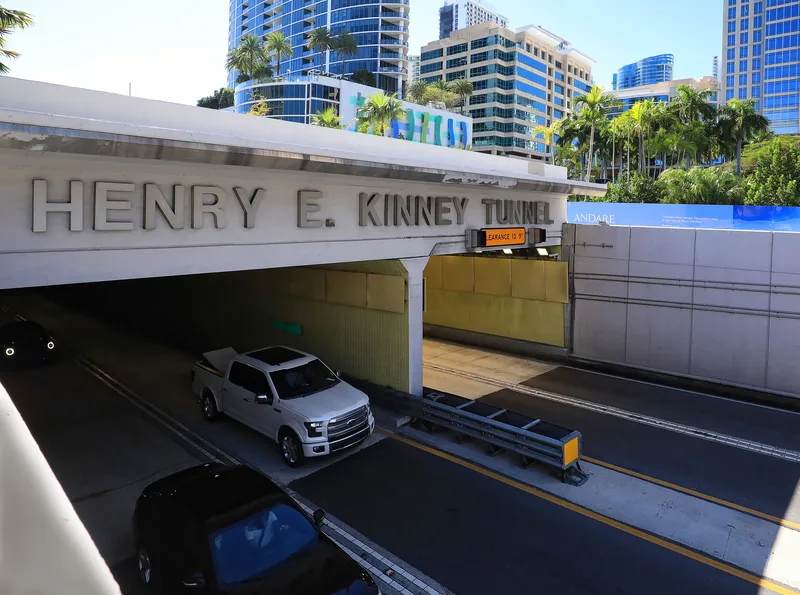
The company is hoping the technology will provide drivers with alternative routes, thereby reducing traffic saturation during peak periods.
José Del Río, Málaga’s councillor for mobility, says: “The technology will optimise the city's traffic for the benefit of our citizens’ quality of life, resulting in less time in the car throughout their journey.”
Kapsch says the signalling system, variable message signs and a ‘virtual VMS’ app will display the most appropriate route advice. It uses information from the traffic light system to select the most recommended route in every situation, the company adds.
The real-time traffic optimiser is expected to modify the duration of green areas on the route depending on the traffic conditions detected by the installed sensor system.
José Del Río, Málaga's councillor for mobility, says: “The technology will optimise the city's traffic for the benefit of our citizens’ quality of life, resulting in less time in the car throughout their journey.”










